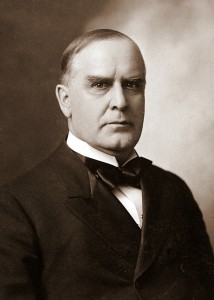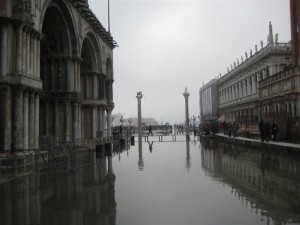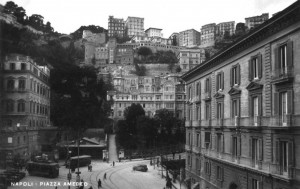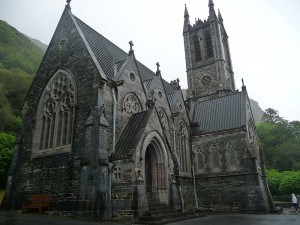 To Susan Sturgis de Sastre
To Susan Sturgis de Sastre
Oxford, England. September 15, 1901
I see you look on Mc Kinley’s end as a judgment of heaven. There were other people probably far more guilty in respect to the war, which I am afraid could not have been avoided in the end, given Spanish inefficiency and the sentimental and acquisitive instincts of the American public. The worst of this accident is that Rooseveldt is not a safe person; but responsibility may sober him and he may be able to resist the machine better than a mere bell-wether like Mc Kinley.
From The Letters of George Santayana: Book One, [1868]-1909. Cambridge, MA: The MIT Press, 2001.
Location of manuscript: Alderman Library, University of Virginia at Charlottesville




